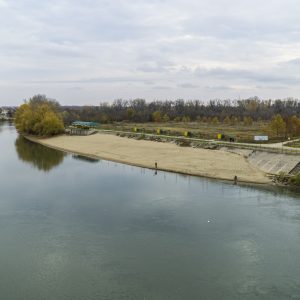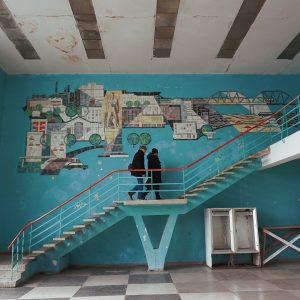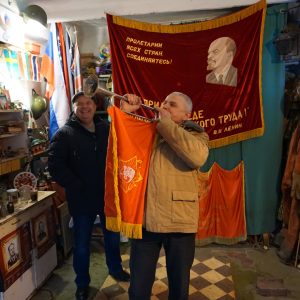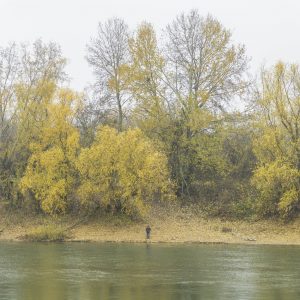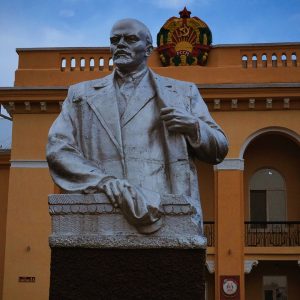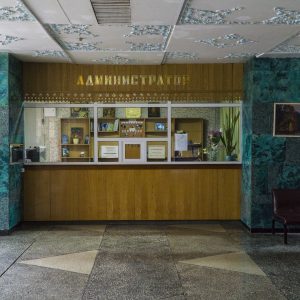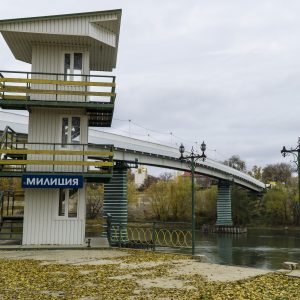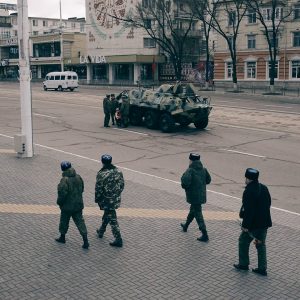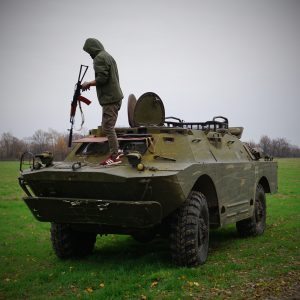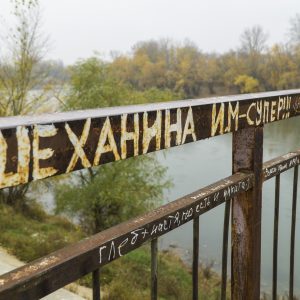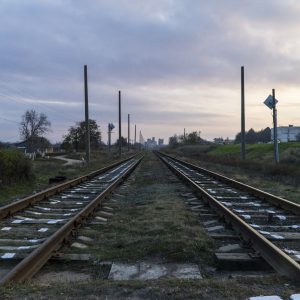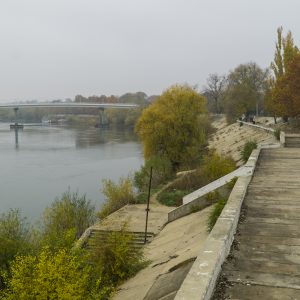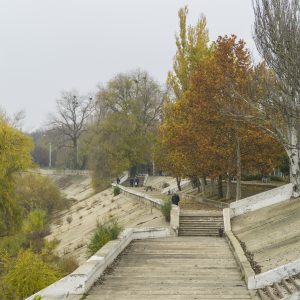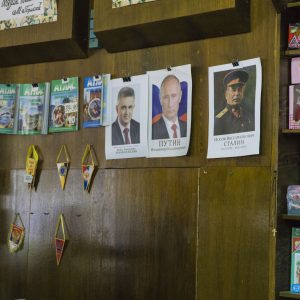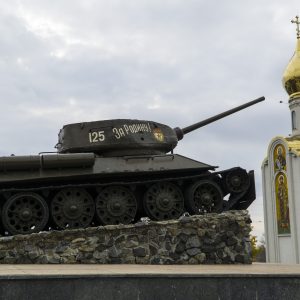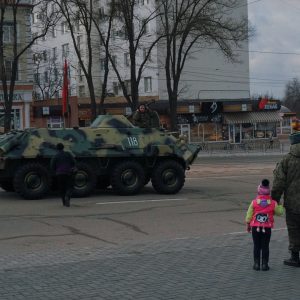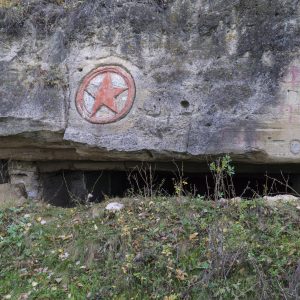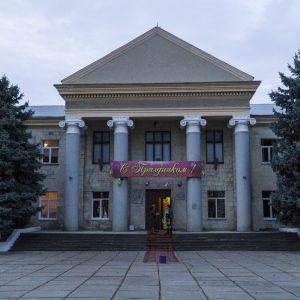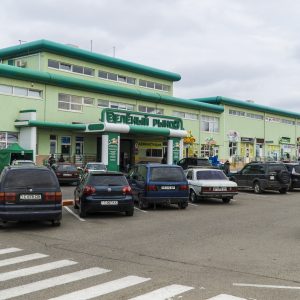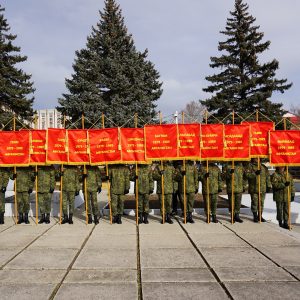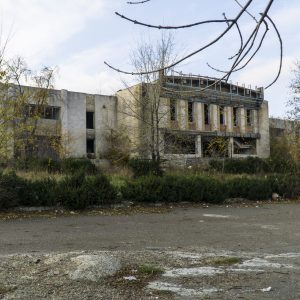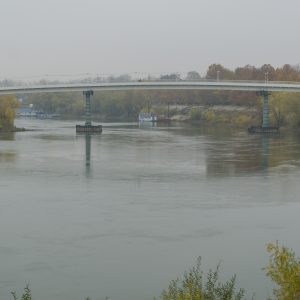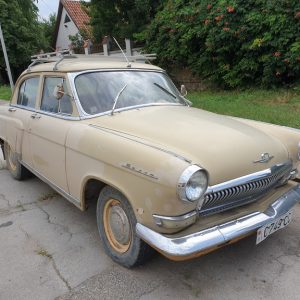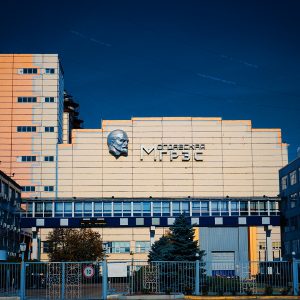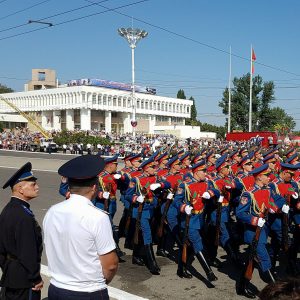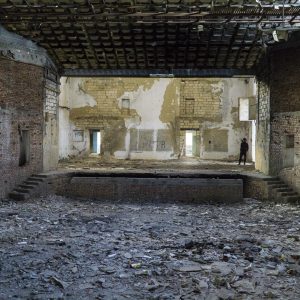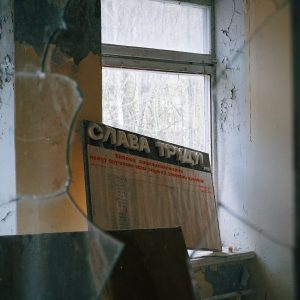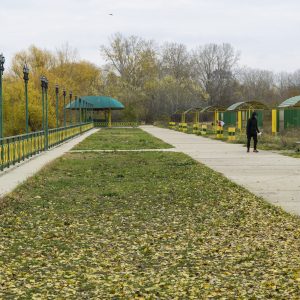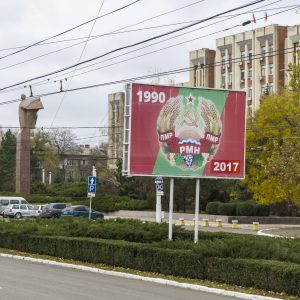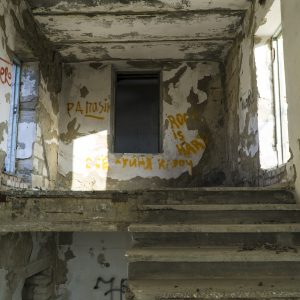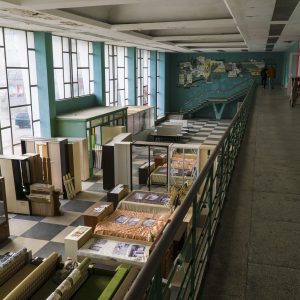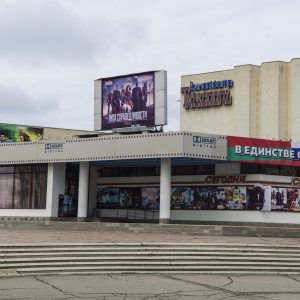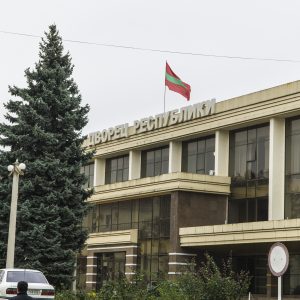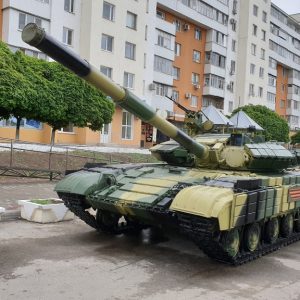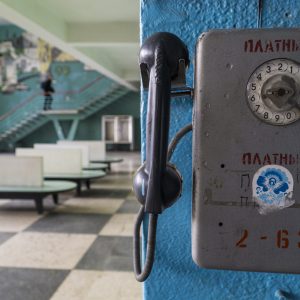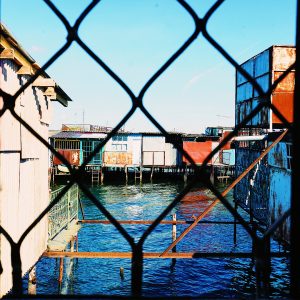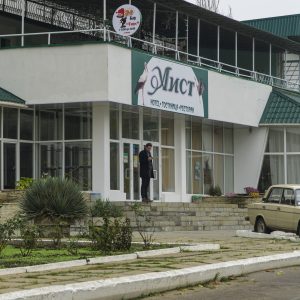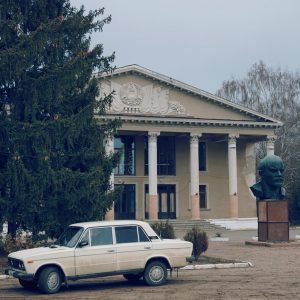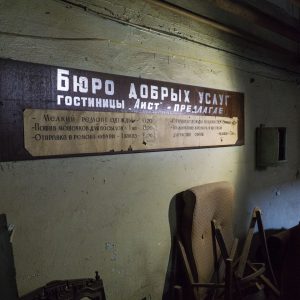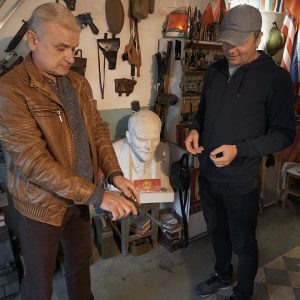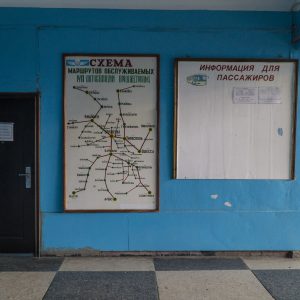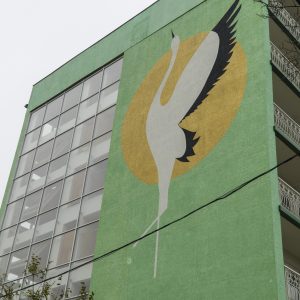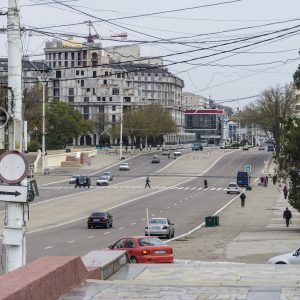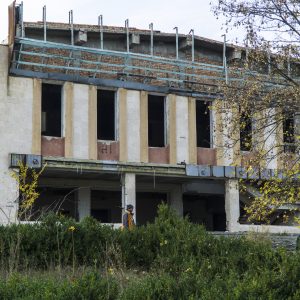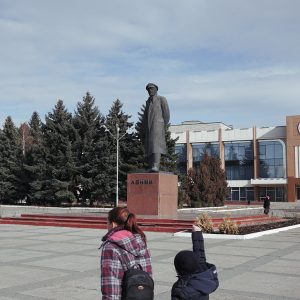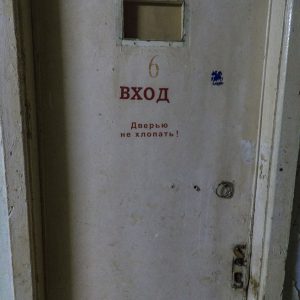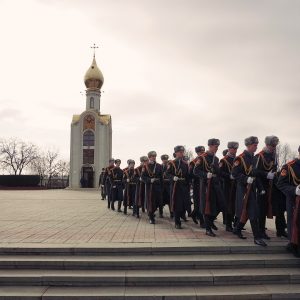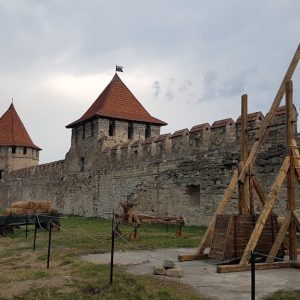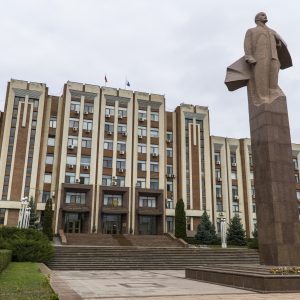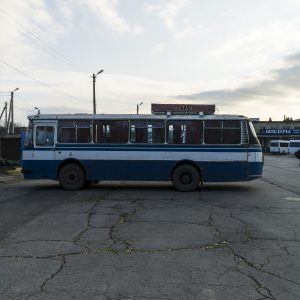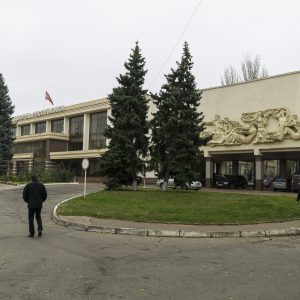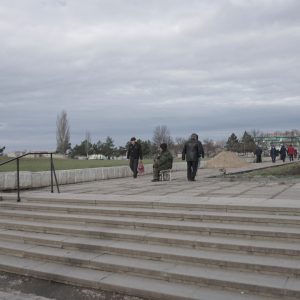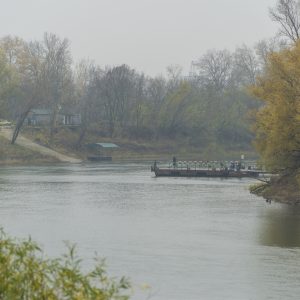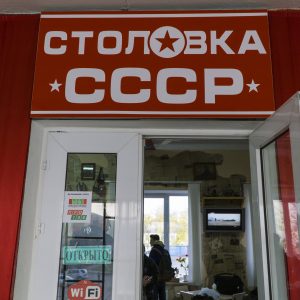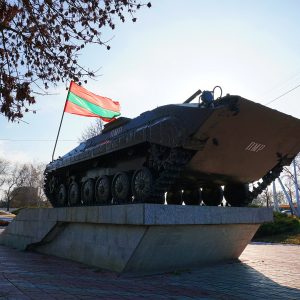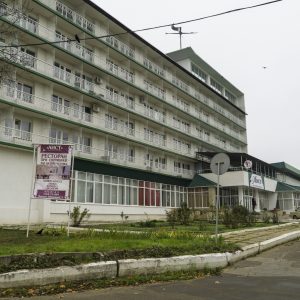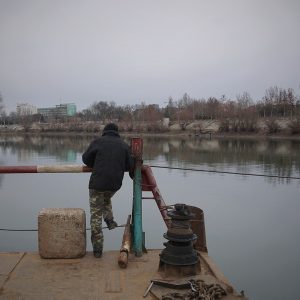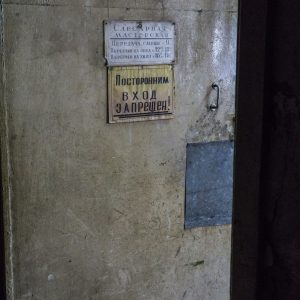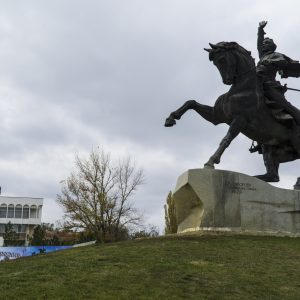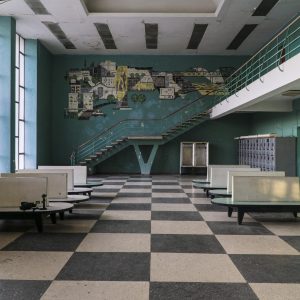Located between Ukraine and Moldova and unrecognized by most of the world, Transnistria has remained a time capsule of the Soviet Union since it broke away from Moldova in the 1990s during a brief but bloody civil war. With a population of 500,000 and some of the lowest prices in Europe, it is an ideal untouched filmmaking location with a whole host of unique and fascinating locations.
OVERVIEW
Previously part of the Soviet Republic of Moldova, Transnistria erupted into a civil war during the collapse of the USSR. The reasons behind the war were due to ethnic differences between the largely Russian dominated Transnistria region and the mostly Romanian speaking population on the Moldovan side of the Dniester River that splits the two adversaries in half. The war was short but bloody and Transnistria subsequently gained uneasy independence despite being unrecognized by any other recognized country in the world.
Despite rocky beginnings, both the economic and security situation in Transnistria has improved in recent years. Arguably one of the least-visited parts of the least visited country in Europe, Transnistria has a population of just under 500 thousand and is a prime destination for adventurous filmmakers looking for a unique edge to their project.
FILM LOCATIONS
Since the region of Transnistria was left largely isolated since the end of the Cold War, it remains a living museum of relics from the Soviet Union. From bullet-riddled monuments of Lenin, retro stores still functioning and a whole host of abandoned complexes and buildings that are prime locations for filming.
The country can be navigated from top to bottom in a few hours and offers vastly different locations. From post-apocalyptic fishing towns made entirely of scrap metal in the South to abandoned Soviet nuclear bunkers in the North, Transnistria has an abundance of incredible and unique locations for any film project.
Additionally, Transnistria has a range of natural sights including rolling plains, caves, forestland, lakes, and even mountains in the north.
FILM PERMITS & PERMISSIONS:
As with most countries in Eastern Europe, filming permissions are relaxed and easy to navigate through our local partners. In most cases, permission to shoot in public spaces takes one to two days. If needed, local authorities can be hired for traffic control, security, and closing down streets.
FILM TALENT, CREWS & EQUIPMENT:
Every year Transnistria holds a series of celebrations from military parades to historical festivals. As a result, the country is home to a large array of props, uniforms, deactivated weapons, tanks, and other useful equipment.
There is a handful of casting agencies in Transnistria. As the filmmaking community is relatively small, through our local partners it is easy to locate experienced, bilingual actors as well as background talent at very affordable rates.
FILM COST, TAX INCENTIVES & CO-PRODUCTION OPPORTUNITIES:
The currency in Transnistria is the Transnistrian Ruble. The exchange rate is roughly 18 Leu to $1. Western credit and debit cards can only be used in a handful of specific places, so the mode of payment for foreign visitors is primarily cash. Compared to western countries as well as other Eastern European countries, Transnistria is one of the most affordable regions in Europe.
There are currently no tax incentives, credits, or rebates offered for foreign productions shooting Transnistria. However, at this stage, the savings incurred from the inexpensive cost of film production in Moldova may serve in lieu of a tax incentive for most productions.
ACCOMMODATION & TRANSPORTATION FOR FILMMAKERS
Transnistria is home to a range of suitable accommodation options. The capital of Tiraspol offers everything from luxury apartments and villas to five-star hotels and spa resorts. Accommodation is very affordable compared to other countries and is up to western standards. Most hotels will offer discounts to groups or crews booking an extended stay. The hotel range outside of Tiraspol is more limited but is even less expensive with the same level of quality. For extended stays, renting an apartment is a cost-effective choice, with inexpensive, high-quality options and friendly hosts readily available.
When it comes to transport, Transnistria offers a wide variety from private cars for hire, taxis and public buses. For film productions, large passenger vans, cargo vans, and box trucks are also available at affordable rates. Depending on the location of your shoot, the road conditions in Transnistria vary from modern roads in Tiraspol to less-traveled roads which require additional time to navigate. Visiting film crews should use experienced local drivers, especially when traveling outside of the capital.
Individual meals at an expensive restaurant in Transnistria cost around $7. A three-course meal at a mid-range restaurant cost around $10. Catering for films can be around 24 hours a day, seven days a week.
VISAS & TRAVEL ADVISORY FOR FILMMAKERS:
If conducting business through a local partner, there are no special visas required for foreign filmmakers shooting in Transnistria. Entry into the breakaway state requires a rather informal permit paper that our local team can easily obtain. This paper grants you up to forty-five days entry and once it expires you can simply go to the border and renew it if need be.
Moldova is currently listed as a “Level 1: Exercise Normal Travel Precautions,” which is the safest travel advisory ranking designated by the U.S. Department of State. Public security in Chisinau and all major cities are very good, the tension between religious groups and expression of extremist views is very rare, and attitudes to western countries are positive. Petty crime does exist but standard vigilance will be enough to deter.
PIONEER MEDIA'S PREVIOUS PROJECTS & FILMS SHOT:
FILM PHOTO & VIDEO GALLERY:
+1 860-391-9289
Email: media@mediapioneers.net

